Search Results
Showing results 241 to 260 of 293
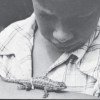
Leapin' Lizards
Source Institutions
In this outdoor activity, learners first explore lizard feeding behavior by creating a "lizard rig" to dangle different objects in front of live lizards and see which objects the lizards try to bite.
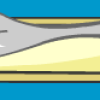
Dinosaur Bone Experiments
Source Institutions
This activity features two connected hands-on activities about dinosaur bones.
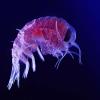
Amphipods: More than Mud
Source Institutions
In this data analysis and environmental science activity, learners examine the effects of pollution on amphipods using data from the Chesapeake Ecotox Research Program.
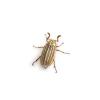
Shake a Shrub
Source Institutions
This is an activity where learners will discover what types and how many insects live in their own backyard.
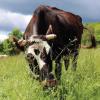
Sustainable Grazing
Source Institutions
In this activity, learners investigate the food, water, and space needs of common livestock animals.

Our Beautiful World
Source Institutions
In this Bob the Builder(TM)-themed activity, learners go on a nature walk outside and describe what they observe using their senses.
Hexagon Hunt
Source Institutions
This activity gets learners looking at 6-sided shapes in nature, including the cells of a beehive, as well as other shapes.
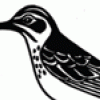
Mapping Mockingbirds
Source Institutions
This lesson plan revolves around studying the speciation of the Galápagos mockingbirds, which are on display at the California Academy of Sciences.
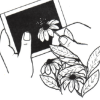
Flower Powder
Source Institutions
In this outdoor activity, learners use artificial bees and paper models of flowers to find out how bees transfer pollen from one flower to another.
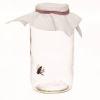
Temperature Time Warp
Source Institutions
In this activity, learners explore the behavior of cold-blooded animals. Learners discover what happens when they change a fly's temperature.
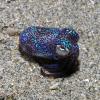
What is Light?
Source Institutions
In this four-part activity, learners will discover the exciting world of light--the most important form of energy in our world--and be able to identify and describe different types of light.

Our Sense of Hearing
Source Institutions
In this activity, learners investigate the sense of hearing and plan and conduct their own experiments.
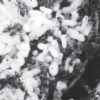
Ants
Source Institutions
In this outdoor activity, learners investigate ant behavior by testing ant feeding reactions to different types of food.

Bone Identification
Source Institutions
This activity (page 3 of the PDF under SciGirls Activity: Dinosaurs) is a full inquiry investigation into fossil hunting and identification.
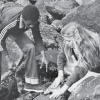
Rock Pioneers
Source Institutions
In this outdoor activity/field trip, learners investigate organisms that live along the ocean's rocky coast.
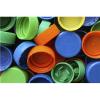
Dark Adaptation
Source Institutions
In this activity (6th on the page), learners investigate how photoreceptors in the eye (rods and cones) "adapt" to low light conditions.
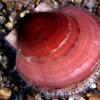
The Scoop on Scallops
Source Institutions
In this data analysis activity, learners quantify the abundance and distribution of sea scallops in and adjacent to the Mid-Atlantic closed areas.
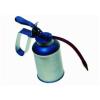
Pesticides and Eggshell Thinning
Source Institutions
This lab activity is about toxic substances like pesticides and their effects on biological systems. The activity starts with an introduction of how birds sequester calcium to make an egg.
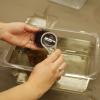
Tide Pool Survival
Source Institutions
In this activity, learners observe tide pool animals in a touch tank to consider how they survive.
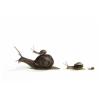
Small Snails, Enormous Elephants
Source Institutions
This activity (located on page 2 of PDF) introduces learners to the real size of animals using nonstandard measurement.
